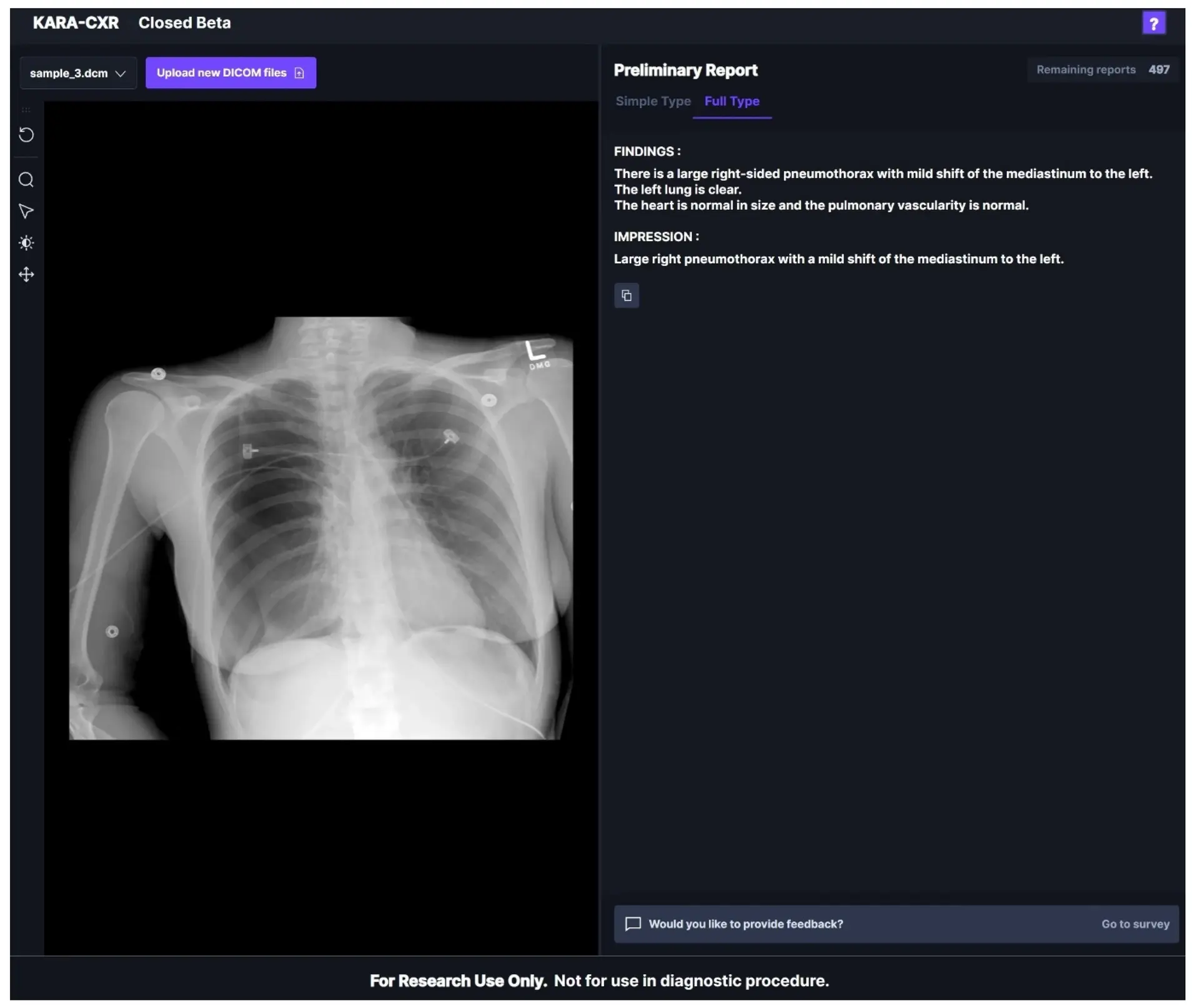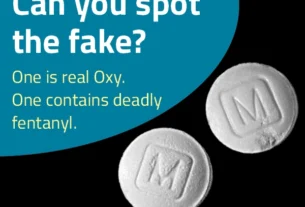In an exciting development in the world of medical diagnostics, ChatGPT, the artificial intelligence (AI) language model developed by OpenAI, has surpassed trainee doctors in accurately diagnosing respiratory diseases. This milestone marks a significant leap forward in the potential role of AI in healthcare, particularly in aiding diagnostics and assisting medical professionals in delivering better patient care.
The study compared the diagnostic capabilities of ChatGPT against those of trainee doctors across a wide range of respiratory conditions, including asthma, chronic obstructive pulmonary disease (COPD), pneumonia, and bronchitis. The AI’s superior performance highlights the growing influence AI is likely to have in healthcare and sparks conversations about its ethical use, its role in medical training, and its implications for the future of diagnostics.
The Study: AI Versus Medical Trainees
Researchers from multiple academic and healthcare institutions embarked on a study to evaluate how well ChatGPT could diagnose various respiratory conditions compared to medical trainees. The study involved presenting both ChatGPT and the trainee doctors with simulated patient cases, including detailed medical histories and reported symptoms. The AI and the doctors were tasked with diagnosing the condition based on this information.
The respiratory diseases selected for this test are common but often require detailed evaluation to diagnose correctly. Conditions like asthma and bronchitis can have overlapping symptoms, and more complex diseases like COPD can often be mistaken for other illnesses, particularly in their early stages.
In the results, ChatGPT exhibited a higher rate of diagnostic accuracy, particularly in cases that involved recognizing subtle symptoms or patterns that may have been overlooked by the human participants. The AI’s ability to access and process vast quantities of medical literature, along with its training on clinical data, enabled it to provide more precise diagnoses. The trainee doctors performed well but, in comparison, were outmatched by the AI’s consistency and breadth of knowledge.
ChatGPT’s Diagnostic Capabilities
ChatGPT’s success can be attributed to several factors that highlight the potential of AI to assist in medical diagnosis. Firstly, the model has been trained on an enormous dataset that includes medical texts, clinical guidelines, and real-world case data. This enables it to “learn” from a wide range of scenarios, making it capable of recognizing not only common patterns but also less frequent, subtle indicators of diseases.
Secondly, AI models like ChatGPT do not experience fatigue or cognitive biases, which can sometimes affect human decision-making in high-pressure environments such as hospitals and clinics. Unlike humans, AI does not suffer from factors like time pressure, emotional strain, or distractions, all of which can impact a doctor’s ability to make quick, accurate diagnoses.
That said, ChatGPT doesn’t operate as a black box. The study ensured that the AI provided transparent diagnostic reasoning, explaining how it arrived at its conclusions. This transparency is crucial for building trust among medical professionals and ensuring the AI remains accountable for its recommendations.
The Role of AI in Modern Healthcare
The findings of this study present a glimpse into the future of healthcare, where AI can be seamlessly integrated into the diagnostic process. In particular, ChatGPT’s ability to diagnose respiratory diseases can be of immense value in primary care settings, where patients often present with a wide range of symptoms. Early and accurate diagnosis is key to successful treatment, especially in respiratory illnesses, which can worsen if not caught and managed in time.
The implications for healthcare delivery are profound. In under-resourced or remote areas where access to trained medical professionals is limited, AI systems like ChatGPT could bridge the gap, providing accurate initial diagnoses and assisting healthcare workers in treating patients more effectively. For instance, a community health worker in a remote area with limited access to specialists could use AI to identify potential respiratory conditions in patients, ensuring timely intervention.
In emergency rooms and busy clinics, where physicians must manage large caseloads, AI can serve as a second set of “eyes,” helping to ensure no critical detail is overlooked. AI’s assistance in diagnostics can also reduce the burden on doctors, allowing them to focus on patient care, treatment planning, and follow-ups while AI handles initial diagnostic workups.
Medical Training and the Future of Diagnostics
One of the most exciting aspects of ChatGPT’s success in this study is its potential role in medical training. Medical trainees and interns are often faced with the steep learning curve of diagnosing complex diseases under pressure. While textbooks and clinical rotations offer valuable experience, the integration of AI into medical training could enhance this process.
AI tools like ChatGPT could serve as a complementary resource for trainee doctors, offering diagnostic suggestions, differential diagnoses, and explanations based on current medical guidelines. By working alongside AI, trainee doctors can compare their diagnostic reasoning with the AI’s, learning from the AI’s vast knowledge base. This type of collaboration could shorten the learning curve for medical trainees, improving their diagnostic accuracy over time.
Moreover, medical students and trainees could use AI for continuous learning, simulating diagnostic scenarios and learning from AI’s reasoning on a wide variety of cases. AI can provide immediate feedback, helping trainees recognize mistakes and correct their understanding in real-time.
Ethical Considerations and Challenges
While the results of the study are promising, the use of AI in medical diagnostics raises several ethical and practical considerations. One major challenge is ensuring that AI systems like ChatGPT are free from biases that could affect diagnostic accuracy, particularly in diverse populations. AI models are only as good as the data they are trained on, and if the training data lacks diversity or contains inherent biases, the AI’s diagnostic performance could suffer in certain patient populations.
Another consideration is how patients and healthcare professionals perceive AI-generated diagnoses. Trust in AI will be crucial for its widespread adoption in healthcare settings. Patients may be skeptical of AI diagnoses, preferring the judgment of a human doctor. Similarly, medical professionals may be reluctant to fully rely on AI, especially in cases involving complex or sensitive conditions.
Data privacy is another key concern. AI systems require access to vast amounts of medical data to function optimally. Ensuring that patient data is securely stored and processed without infringing on privacy rights is a critical issue that healthcare organizations must address.
What it mean: A Promising Future for AI-Assisted Healthcare
The success of ChatGPT in outperforming trainee doctors in diagnosing respiratory diseases signals a bright future for AI-assisted healthcare. By providing rapid, accurate diagnoses, AI tools like ChatGPT can revolutionize how medical professionals approach diagnostics, potentially improving patient outcomes and easing the burden on healthcare systems.
However, the integration of AI into healthcare requires careful consideration of ethical issues, transparency, and collaboration between AI and medical professionals. While AI can never replace the human touch in healthcare, it has the potential to serve as a valuable ally in ensuring patients receive the best possible care. As AI technology continues to evolve, its role in supporting doctors, improving diagnoses, and ultimately enhancing healthcare delivery will only grow.





